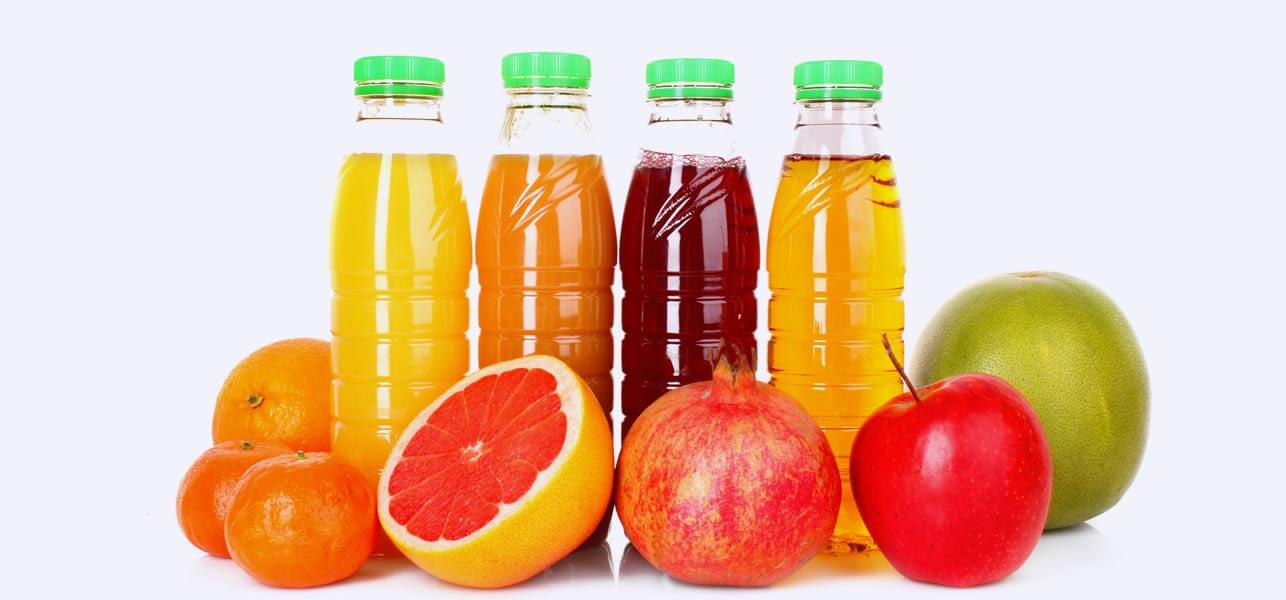At London Holistic Dental Centre we promote a healthy lifestyle and always encourage beneficial choices in nutrition. Over the years we have seen many public health issues rise to prominence, but the ones that affect oral health are obviously the ones it is our duty to champion. The forthcoming tax on sugar-rich beverages is of particular interest to us and our patients.
The British Medical Journal’s recent research on the fruit juices and smoothies sold widely demonstrates that they are so high in sugar that they ought to be subject to the government’s new sugar tax which is coming into force next year. This may come as a surprise to many.
As well as damaging to dental health, particularly in children, high-sugar food and drinks are damaging to the general health of everyone. This study was necessary because people tend to see fruit juices or smoothies as a “healthy alternative” to fizzy drinks – which will automatically come in under the tax – when in fact juices and smoothies are laden with sugar. So much so, the National Obesity Forum has called for all such drinks to come under the tax, citing that they are a leading cause of the growing obesity problem nationwide.
At the heart of this matter is how difficult it can be to decipher package labelling. There are many calls from organisations like Action On Sugar to standardise these to make it easier for consumers to monitor theirs and their children’s intake. Up till now, there has been little consensus within the food and drink industry itself, although supermarkets have largely adopted the ‘traffic light’ system which people find helpful.
Few know that the daily recommended amount of sugar for children is no more than 19g (equivalent to five teaspoons full), and for an adult no more than 30g (about seven teaspoons full), with a recommended serving of fruit juice to not exceed 150ml per day. But it is not that straight-forward. There are hidden sugars in our food, such as glucose, sucrose, maltose, corn syrup, honey, hydrolysed starch, inverted sugar, fructose and molasses. Most of us do not know to stick to the serving sizes, let alone know all the different types of sugar we are consuming.
It is a concern that the new sugar tax might end up having little effect. This is because, despite drinks containing a high amount of sugar getting taxed 18-24 pence, fruit juices, smoothies and milk-based drinks will be exempt from this taxation, though their sugar content is high. For this reason, many organisations are urging ministers include high sugar juice-based and milk-based drinks in the taxation, because there is mounting evidence that the sugar tax really brings about effective change.
In 2014 Mexico introduced a sugar tax on drinks because it was facing a bigger obesity epidemic than the USA. Reports show that in the first year of the initiative they succeeded in reducing consumption by 12 per cent. In addition to that, the 4 per cent rise in sales of untaxed beverages was due mainly to bottled water. That’s a win/win situation.
The sugar tax does not come into effect until next April, which seems quite a long time to wait. But there are things we can all do now to cut our sugar consumption to protect health and our teeth, such as using sweeteners instead of sugar in tea and coffee, watering down children’s juices, and selecting drinks with “No Added Sugar” on the label. We advise that parents encourage children to drink plain water the majority of the time, and perhaps ensure children follow a sugary drink with a simple rinse of the mouth so the sugar doesn’t linger and damage teeth.
The optimum way to keep teeth protected, of course, is to brush well twice a day, floss daily and visit David and your hygienist twice a year.
If you have any questions on this topic, please feel free to call me at The London Holistic Dental Centre on Tel: 020 7487 5221


